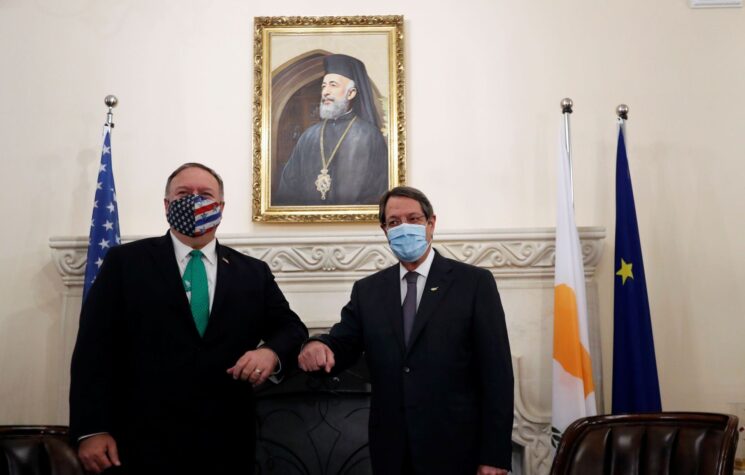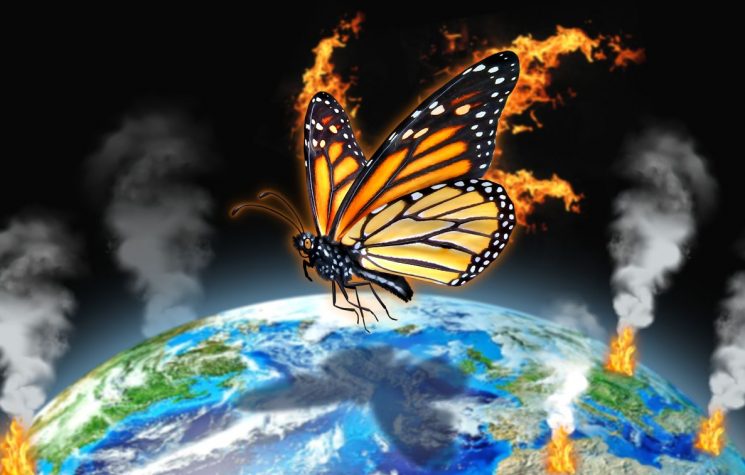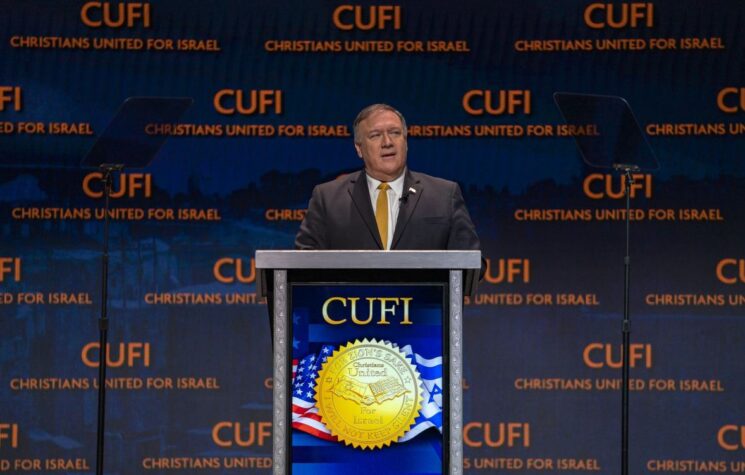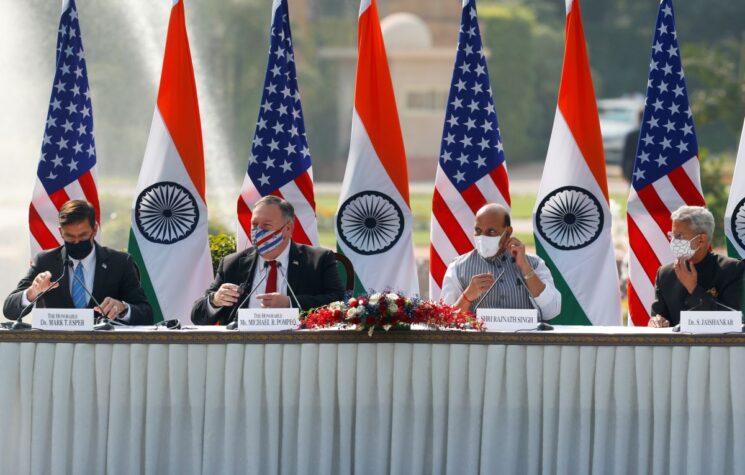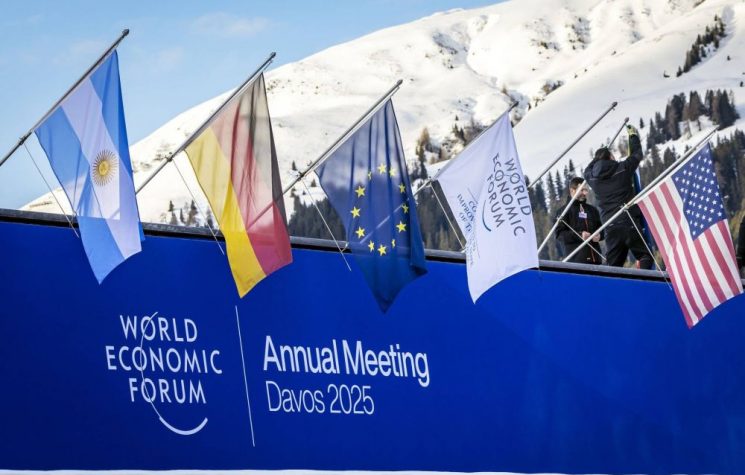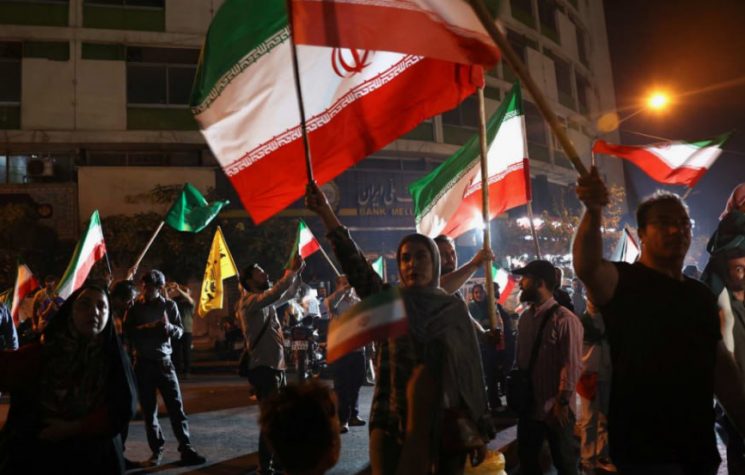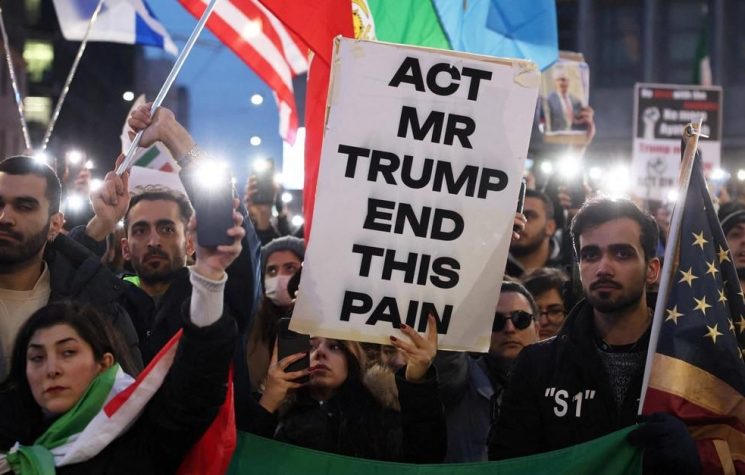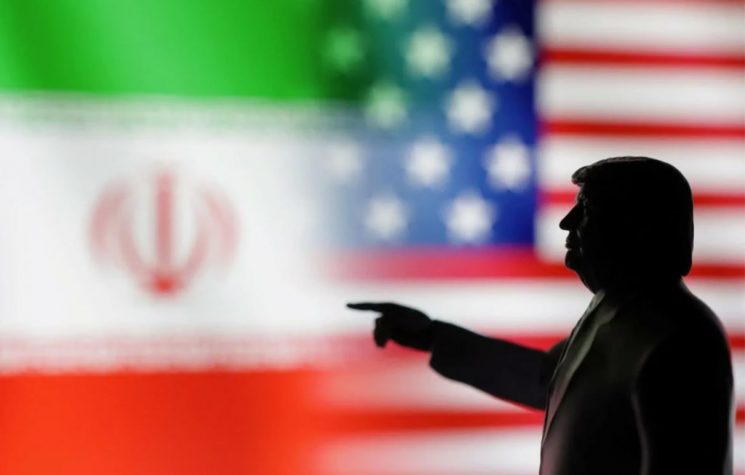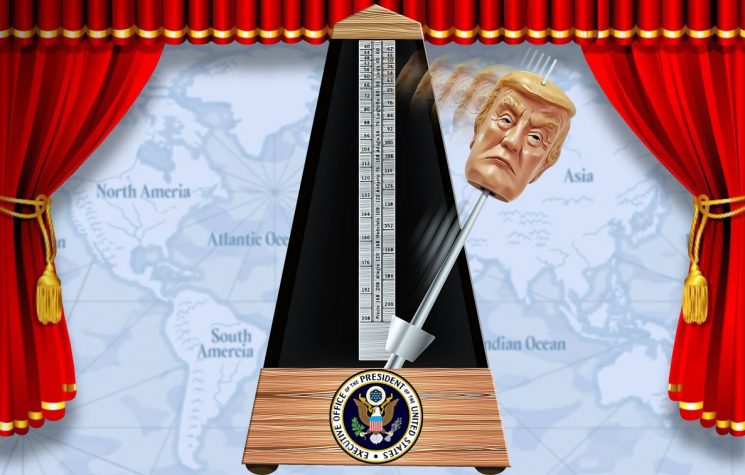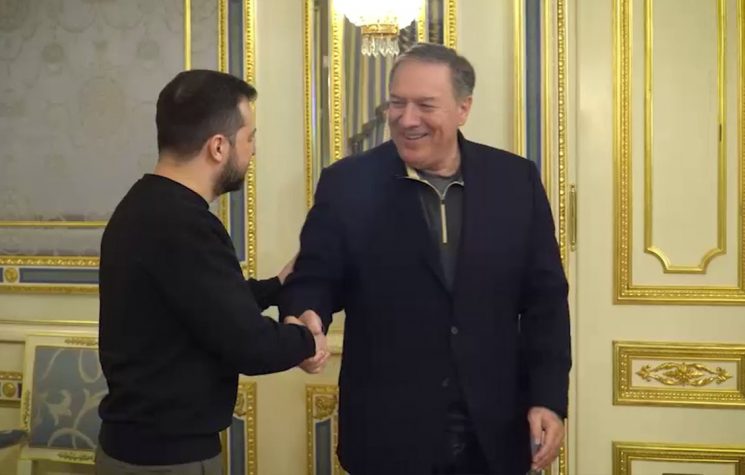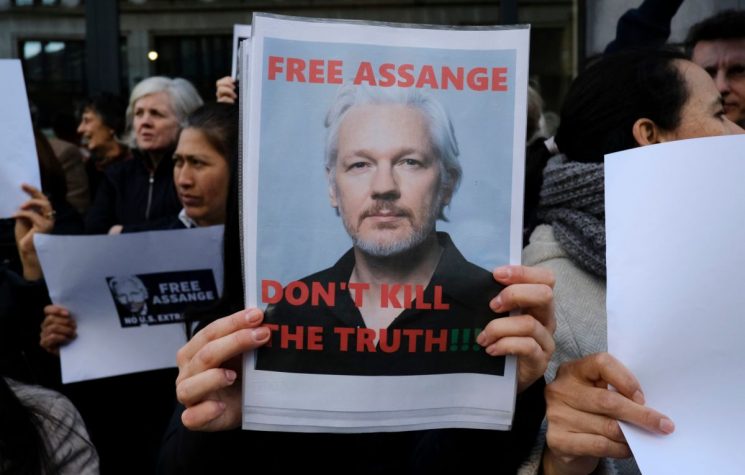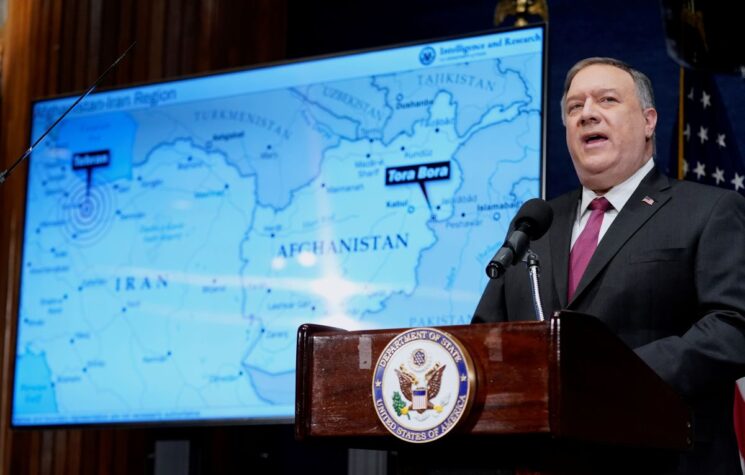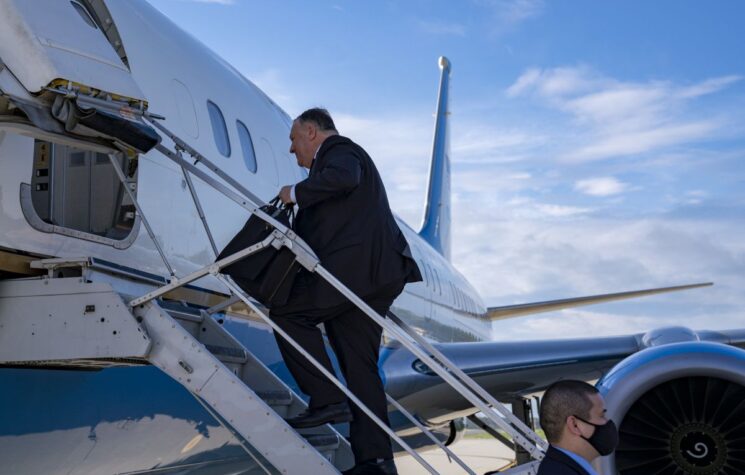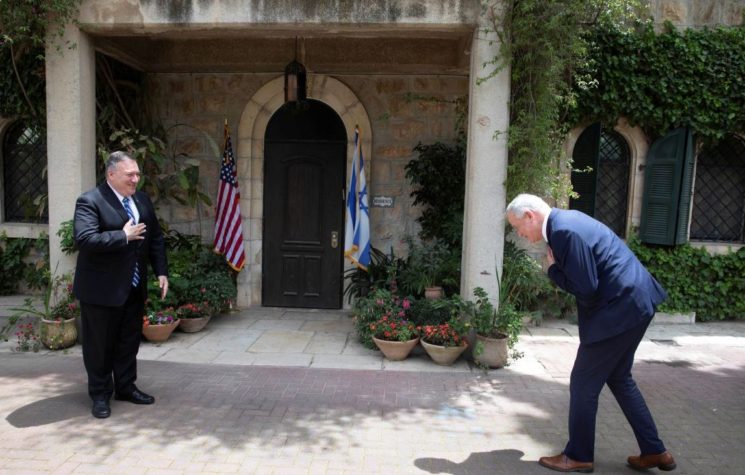U.S. Secretary of State Mike Pompeo this week reiterated that economic sanctions would continue against Iran until the goal of regime change was achieved. That was in spite of the fact that Iran’s death toll from the coronavirus pandemic has risen to over 4,000, and the country is clearly struggling to obtain medicines and equipment to defeat the disease.
This relentless sanctions policy by the Trump administration is nothing short of barbaric. It is, as Iranian President Hasan Rouhani denounced it, “medical terrorism”.
This week Iran applied to the International Monetary Fund for a $5 billion emergency loan to help it cope with the life-threatening epidemic. Washington is planning to block the IMF from releasing funds to Iran.
With such callousness, the Trump administration is, to use a topical phrase, ‘self-isolated’ on the world stage. The United Nations, the World Health Organization, European leaders, Russia, China as well as a group of American lawmakers have called on President Trump to lift sanctions off Iran to enable the country to import vital medical supplies. Even former U.S. NATO leaders and members of the Bush and Obama administrations have voiced opposition to Trump’s “maximum pressure” insistence on ratcheting up sanctions against Iran at this critical time.
All appeals have been to no avail, as seen from Pompeo’s intransigent statement on maintaining sanctions. The U.S.’s top diplomat sought to justify his administration’s policy by regurgitating hollow and hypocritical claims about Iran planning to build nuclear weapons and supporting terrorism. This at Easter time from Pompeo who prides himself as a devout Christian.
Vasily Nebenzya, Russia’s envoy to the UN, this week urged the “need to overcome prejudice, hatreds, distrusts and suspicions” in order to defeat the Covid-19 pandemic.
Evidently, the present U.S. leadership is incapable of demonstrating enlightened reason or basic morality, so blinded is it from self-righteousness and vindictiveness.
At a juncture of global effort to defeat a common life-threatening enemy it is a matter of medical pragmatism – leave aside morals and compassion – to ensure all nations succeed in containing a pandemic which does not respect borders. American sanctions against Iran are ultimately self-defeating. Anywhere this disease is allowed to persist is a threat to all nations. Maybe Trump is betting on finding a corona vaccine soon which will protect his country from global infection. That seems an unwise, if not unethical, bet.
It’s not just Iran that is under the whip of U.S. sanctions. As many as 30 other countries and territories are also subjected to various punitive measures applied by Washington. These are unilateral measures without any mandate from the UN Security Council. They are therefore unlawful, as far as international law is concerned. American sanctions are an expression of “American exceptionalism” at its worst. The monstrous arrogance and awful hubris that underlay it.
The Covid-19 pandemic is an extraordinary time requiring extraordinary responses. Yet, as far as the Trump administration is concerned, it is business-as-usual with its sanctions policy.
In addition to Iran, sanctions are imposed on Cuba, Venezuela, Syria, North Korea, China and Russia, among others. This is in spite of the fact that China and Russia have both recently sent copious humanitarian aid supplies to the U.S. at the personal request of Donald Trump.
The issue of U.S. sanctions in the context of the Covid-19 pandemic has unexpectedly served to illustrate the real nature of the Trump administration. It seems to be beyond normal reasoning, beyond basic human solidarity and compassion, and beyond abiding by international law. It seems inconceivable how this administration can be trusted to conduct business with. It has become self-isolated as a pariah among nations.
There are consequences. First, the Trump administration has forfeited any pretense or claim of global leadership. Unlike China or Russia, which have responded generously to European and African appeals for solidarity and humanitarian aid, the U.S. is seen as a selfish, lumbering egomaniac. When this pandemic passes, America’s global standing will be damaged irreparably.
Secondly, the whole subject of unilateral sanctions must be interrogated with a view to abandoning them. They are an unacceptable form of aggression that have no place in this world. European calls for Trump to end sanctions against Iran must follow its logic to the end. If Europe expects Washington to end those sanctions, then it must also conclude that its own sanctions against Russia, Syria and Venezuela are unacceptable and should be immediately revoked.







